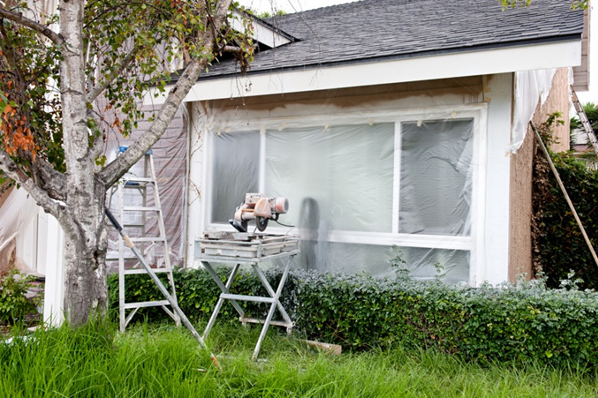Check list on how to short list a Landscape Contractor

Why hire a plumber
July 8, 2016
Ways to Remodel Small Kitchen
July 14, 2016It is important to invest your thought and time into hiring a landscape contractor who is best for you.
Below are some questions you can ask to decide if the landscape contractor is worth hiring.
1. Is Workman’s compensation insurance offered in your company?
If you hire a landscape company that does not offer Workman’s compensation insurances, it can get you exposed to Lawsuits and liability if a worker you hired gets injured on the field. Therefore, always look for a company that has compensation insurance.
2. Can you provide me with landscape referrals?
This is an essential question you can ask your landscape contractor. A good landscape company certainly should not have any trouble providing references for you to look at and talk about.
3. Will you offer complete maintenance of lighting, plants, Hardscapes, etc. you install?
After the installation of the project, you’ll be left with an investment that requires professional care forit to achieve its ideal appearance. If you hire a contractor who is not only limited to installation but is willing to take care of maintenance, it will give you a peace of mind and your investment will be taken care of in the best way.
4. Why must I have a scaled landscape drawing/design for my project?
An aerial picture of the project will enable you to get a quick glimpse at what the finished project will look like. Designs will help phasing the project if handling an entire job at once is not feasible for various financial and time restraints. A design will also eliminate a lot of confusion between the homeowner and the contractor.
5. Are your shrubs, evergreens, trees locally grown?
There is a lot of difference in the climatic conditions and soil of different zones. It is important to use local plant material for the long-term health of your landscape investment.
6. What is the process of retaining wall or installing pavers?
At least 6-8” of remaining soil should be dug below final grade. After that, the subgrade must be leveled and flattened. Most of the contractors like to skip this step even if it is one the essential parts of keeping your wall or pavers stable. Before any base material is brought in, a ground stabilization fabric should be layered over the subgrade. The basis that holds the wall is the installation of a minimum of 4-6” ABC stone base. The base must be installed in 1-2” lifts while using a plate compactor to get a hold of proper compaction. After, approximately 1” of concrete sand which is washed must be installed as the setting bed for the wall.
7. Are you a Certified Interlocking Concrete Paver Installer (CSRWI) or Segmental Retaining
Wall Installer (ICPI)?
ICPI or CSRWI certified installers are the professionals in the industry. Those certificates will helpyou recognize industry standards for constructing segmental retaining walls and interlocking
concrete pavements. A certified installer company will ensure quality standards and ongoing education.





